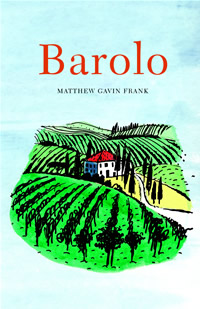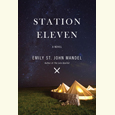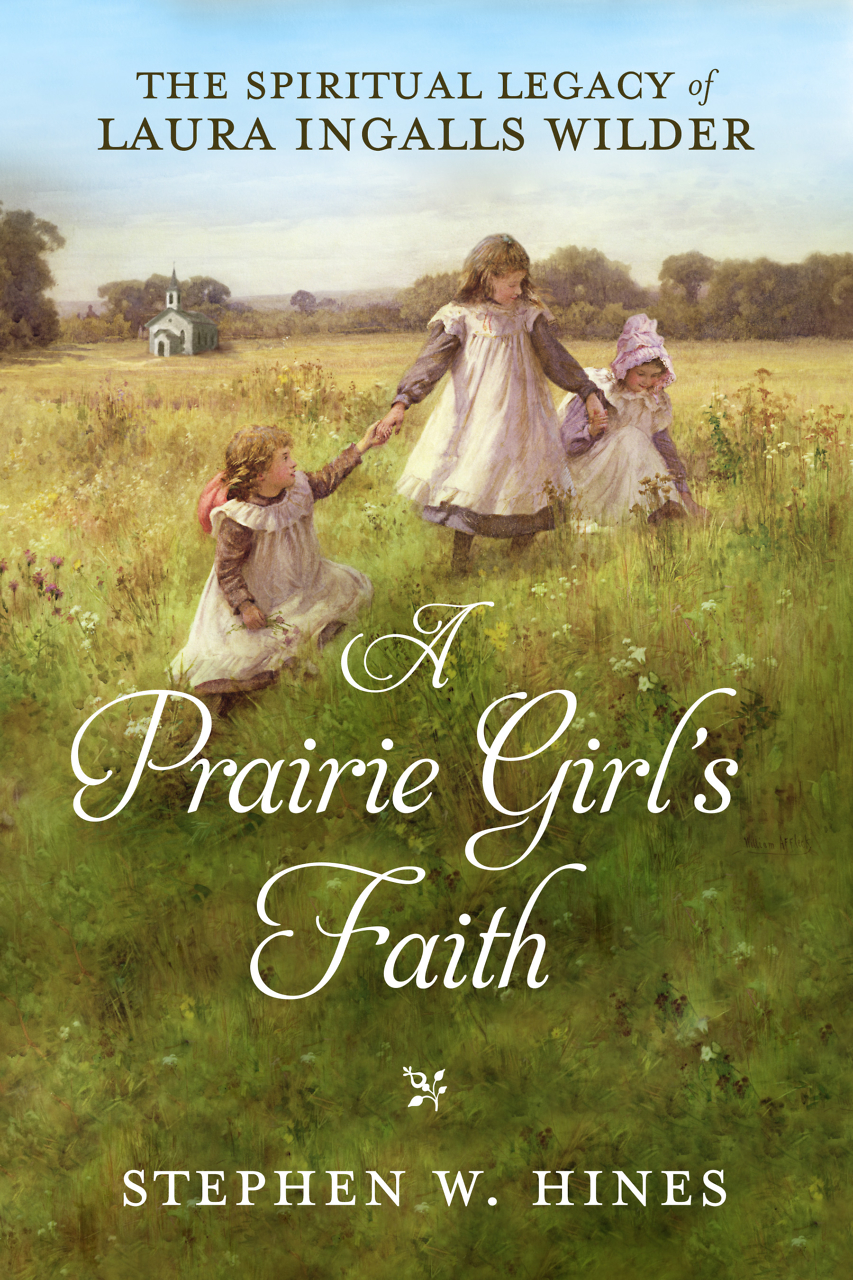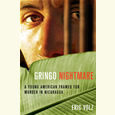Pornography for Oenophiles
Matthew Gavin Frank’s account of the six months he spent picking grapes in Barolo is ripe reading for lovers of wine, food, and Italy
It was hardly predictable that Matthew Gavin Frank, a child of the Chicago suburbs who grew up on nuked bacon and boiled beef ribs, would go on to become a line cook and caterer in places as varied as Juneau, Alaska, and Key West, Florida.
Of course, as Frank later realized, much of the food he made was not much better than the artery-clogging feed that defined family nourishment during his youth. He was an overseasoner, a culinary poseur, who thought that he and his fellow nomadic outlaw food preparers were God’s gift to the palate. “We told ourselves we were these rebel chefs, self-important culinary militants who were mediocre line cooks at best,” writes Frank, who worked for more than fifteen years in the food industry and now teaches creative writing for Grand Valley State University in Allendale, Michigan.
After making bland-tasting over-medium eggs in Juneau for an ex-goldpanner, Frank decided to take the advice of the patron who’d just spit out his food: “In a world full of idiots, you have to go to the place with the fewest idiots.” At that moment, he resolved to return to Italy, where a kindly farmhouse owner named Raffaella had once offered to let him pitch a tent in her garden, were he ever interested in returning.
 Part travel memoir, part pornography for oenophiles specifically and omnivores generally, Barolo is an account of the six months Frank spent living and working—the back-breaking labor of grape harvesting—for famed vintner Luciano Sandrone in Barolo, Italy (pop. 646), in the country’s northern Piedmont region. Frank, whose employment was illegal and could have cost his employer steep fines, slept in a tent (one corner was reserved for his prized wine stash) and woke up more mornings than he can probably remember cotton-mouthed from long nights of dining and drinking, the prevailing pastime of Italy.
Part travel memoir, part pornography for oenophiles specifically and omnivores generally, Barolo is an account of the six months Frank spent living and working—the back-breaking labor of grape harvesting—for famed vintner Luciano Sandrone in Barolo, Italy (pop. 646), in the country’s northern Piedmont region. Frank, whose employment was illegal and could have cost his employer steep fines, slept in a tent (one corner was reserved for his prized wine stash) and woke up more mornings than he can probably remember cotton-mouthed from long nights of dining and drinking, the prevailing pastime of Italy.
He learned from Sandrone himself the secrets of Barolo wine-making, from the proper way to pick the tender Nebbiolo grapes from which it is made, to maceration, aging, and tasting. (Sandrone’s partial deviation from the centuries-old production process has made him an enemy of Barolo traditionalists and thus a key antagonist in the so-called “Barolo wars.”)
Frank reaped unexpected benefits from his labor, as well, including the vintner’s 1990 Le Vigne Barolo, a wine commercially available only from the rarest of auctions, where it goes for more than $1,000 a bottle. “I look at the bottle in my hands, watch as the words on the label stack themselves before me to become this cantina, this man, this region, these spring-loaded clippers and pain-in-the-ass scissors, these tanks, and this rubber-gloved crew,” Frank writes of the offering from his mentor. “It is medicinal in my hands, smooth. In this gift, this bottle, Sandrone has offered me a chance of some kind.”
 Beyond the tutelage he received in the vineyards and cantina, Frank also had a cooking apprenticeship from a brilliant, if crazy, culinary legend who rolled hash cigarettes and pumped him with grappa (“I have seen a world ruled by madmen with wooden spoons,” he writes), ate raw tripe (“I rode the bull and returned a little trampled but ungored”), and got to attend lab sessions at Slow Food’s celebrated Salone del Gusto (the Salon of Taste) in Torino (“What’s inside is what I’ve been waiting my whole life to taste”).
Beyond the tutelage he received in the vineyards and cantina, Frank also had a cooking apprenticeship from a brilliant, if crazy, culinary legend who rolled hash cigarettes and pumped him with grappa (“I have seen a world ruled by madmen with wooden spoons,” he writes), ate raw tripe (“I rode the bull and returned a little trampled but ungored”), and got to attend lab sessions at Slow Food’s celebrated Salone del Gusto (the Salon of Taste) in Torino (“What’s inside is what I’ve been waiting my whole life to taste”).
Along the way, he formed friendships and met the kinds of characters only Italy can breed. And he lived to eat instead of eating to live, a far cry from his childhood of deboned chicken legs and microwaved ground chuck. “I think of the house in which I grew up, the raised-ranch mock Tudor presiding over the cracked driveway like La Morra over the Langhe,” he writes. “I can see the driveway’s concrete slowly cracking into tectonic plates beneath my mother’s and father’s tires, leaving early, then returning late from work six days a week. No time for cooking, really, for vegetables and good food.”
Like the white truffles of Alba, Frank’s narrative, rich with detail and craftsmanship worthy of envy, is the kind of memoir to be savored. Though on occasion his prose is self-consciously literary—he has an MFA in poetry and creative nonfiction from Arizona State University—he demonstrates a mastery of language and form, bringing his experience, and the food and drink that enhanced it, into vivid life. Like Italy itself, Barolo is wonderfully memorable.
Matthew Gavin Frank will discuss Barolo at Davis-Kidd Booksellers in Memphis on July 27 at 6 p.m. and at Davis-Kidd Booksellers in Nashville on July 28 at 7 p.m.


